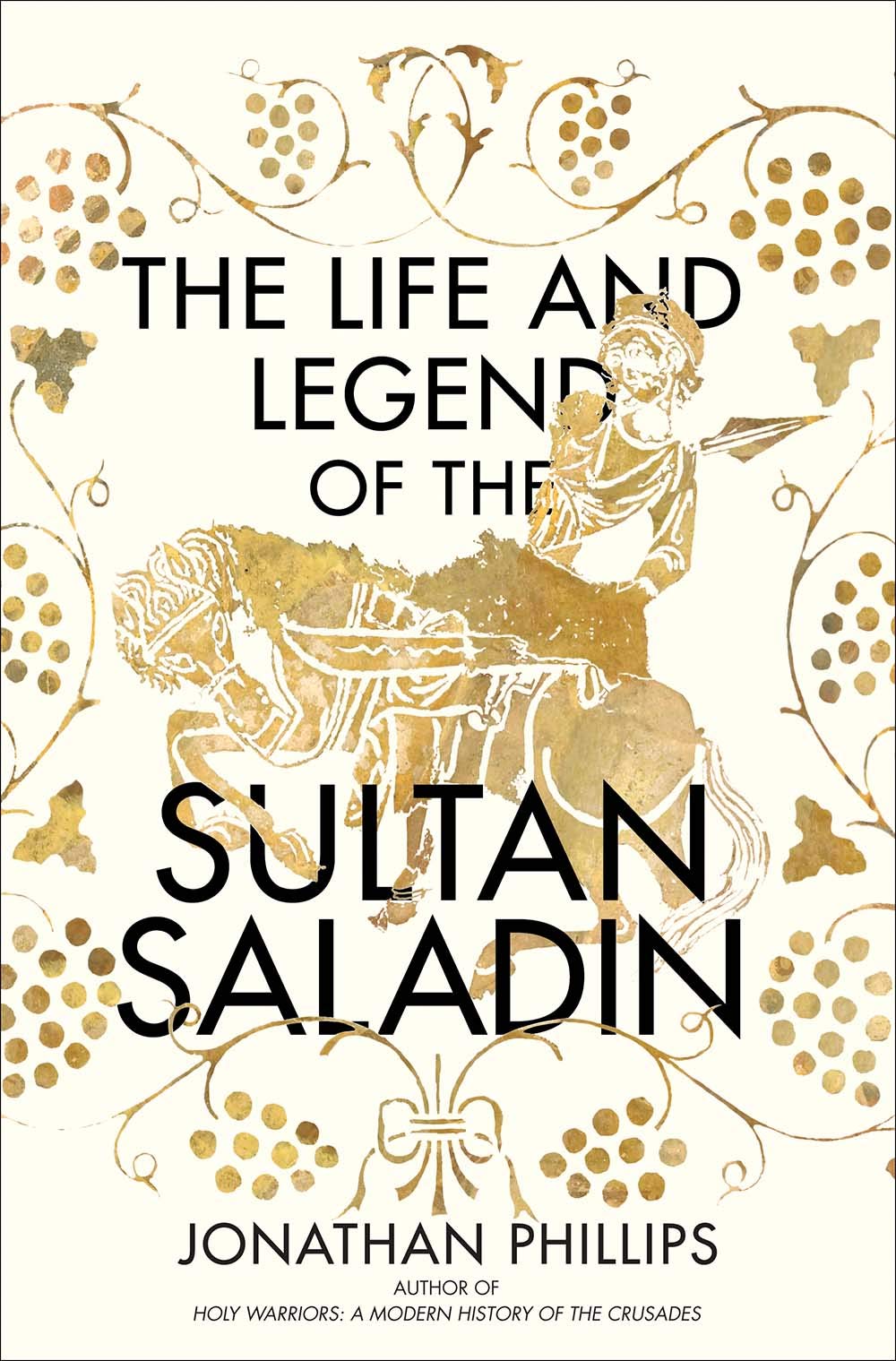Phillips, Jonathan. The Life and Legend of the Sultan Saladin. New Haven: Yale University Press, 2019.
The West loves its military heroes, from Leonidas and Julius Caesar to Napoleon and Eisenhower. One of the best of those heroes, however, was suprisingly adopted by the West after a confrontation during the height of European insularity: al-Malik al-Nasir Salah al-Din Abu’l Muzaffar Yusuf ibn Ayyub al-Tikriti al-Kurdi, better known as Saladin. It is one of the peculiarities of history that, after capturing Jerusalem, largely unifying the Muslim Near East, and severely curtailing the European Crusader kingdoms in the Levant, Saladin would be hailed by those same Europeans as the pinnacle of Christian chivalric ideals. Saladin’s legacy is still very much alive today and plays a pivotal role in one of my favorite films, Kingdom of Heaven. When I happened upon this new biography of the legendary sultan, I couldn’t help but pick it up.
Jonathan Phillips approaches Saladin’s complex legacy head on in The Life and Legend of the Sultan Saladin. Indeed, he acknowledges the unique challenge of attempting to chronicle the life of this larger-than-life man. Saladin continues to be held up as a symbol of Islamic freedom and Syrian and Kurdish nationalism, while the West holds to its veneration of one of the Crusaders’ archnemeses. In popular memory, then, it is hard to find a criticism or realistic portrait of Saladin, and yet the latter is precisely what Phillips delivers with this brilliant and insightful work. Saladin is portrayed in all of his genius and with all of his faults as a man of his times, perhaps more successful than most but a man nevertheless. Phillips depicts how Saladin found himself in conflict with his fellow Muslims just as much as with the Christain invaders of Palestine and demonstrates his reputation for acting with both wise clemency and vindictive cruelty.
Phillips traces Saladin’s life from the career of his father through to the sultan’s death and succession, but his work does not end there. To my delight, the final part of the book is a survey of Saladin’s appearances in media, Western and otherwise, from his death to the present. It is rare to see such a delightful combination of historical and memory-focused analysis in one volume, and Phillips certainly delivers on the promise of his title in covering both the life and legend of his subject.
If any weakness can be found in the book, it might be that in focusing on Saladin’s life, the book poses a potential obstacle for readers unfamiliar with the history of the Crusades and who may not be able to find their way in the politics of the medieval Christian Levant. But this is at most a minor inconvenience. I cannot recommend this book highly enough to those with a passion for the Middle Ages and for those curious about such a seminal time and figure in the history of Europe and western Asia. After reading Phillips’s work, you’ll never watch Kingdom of Heaven the same way again.
